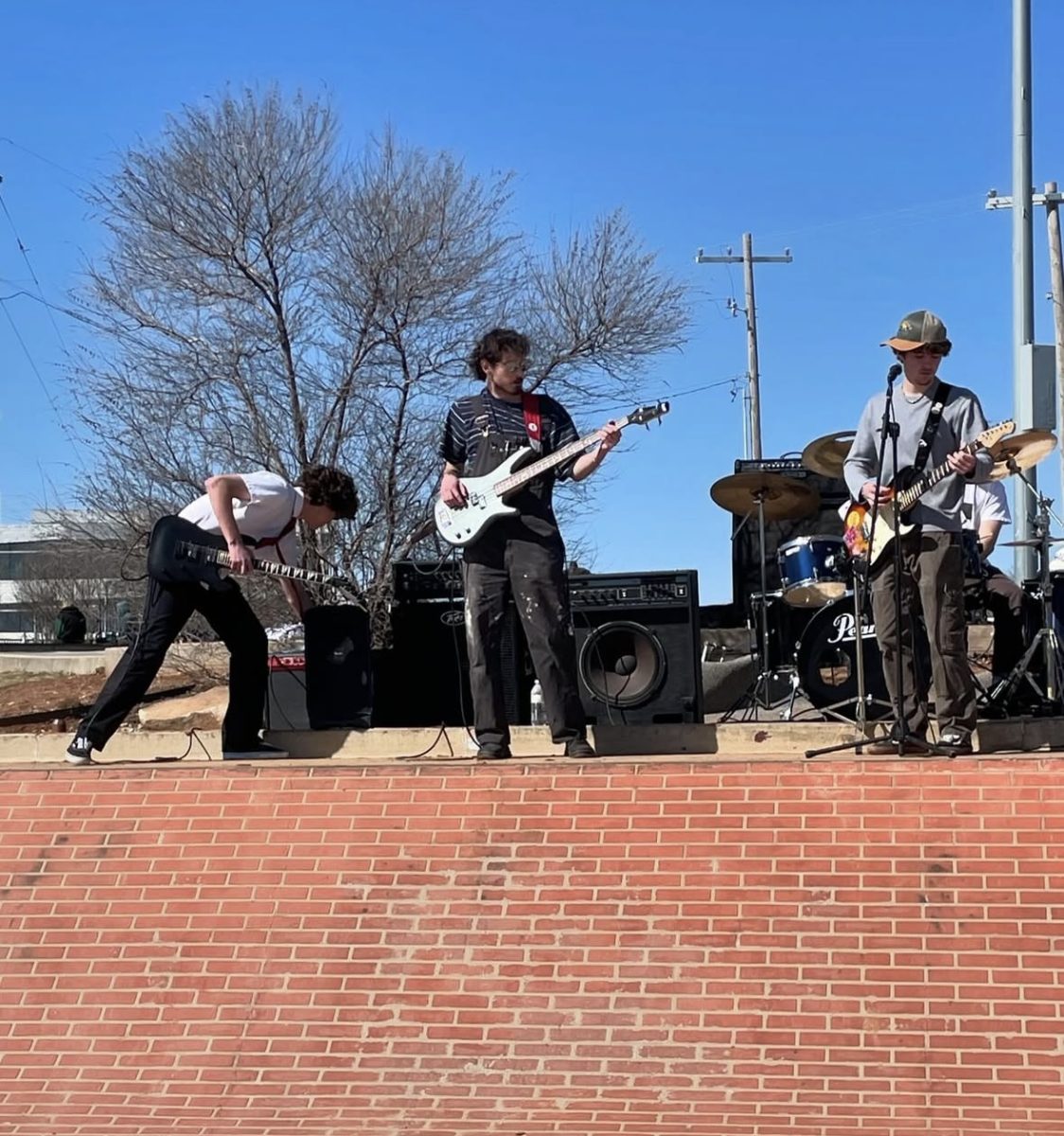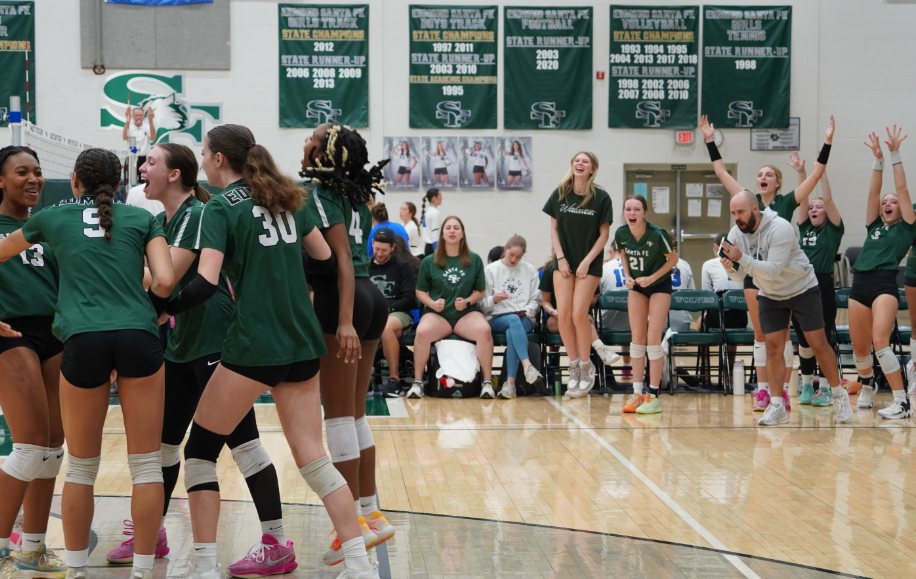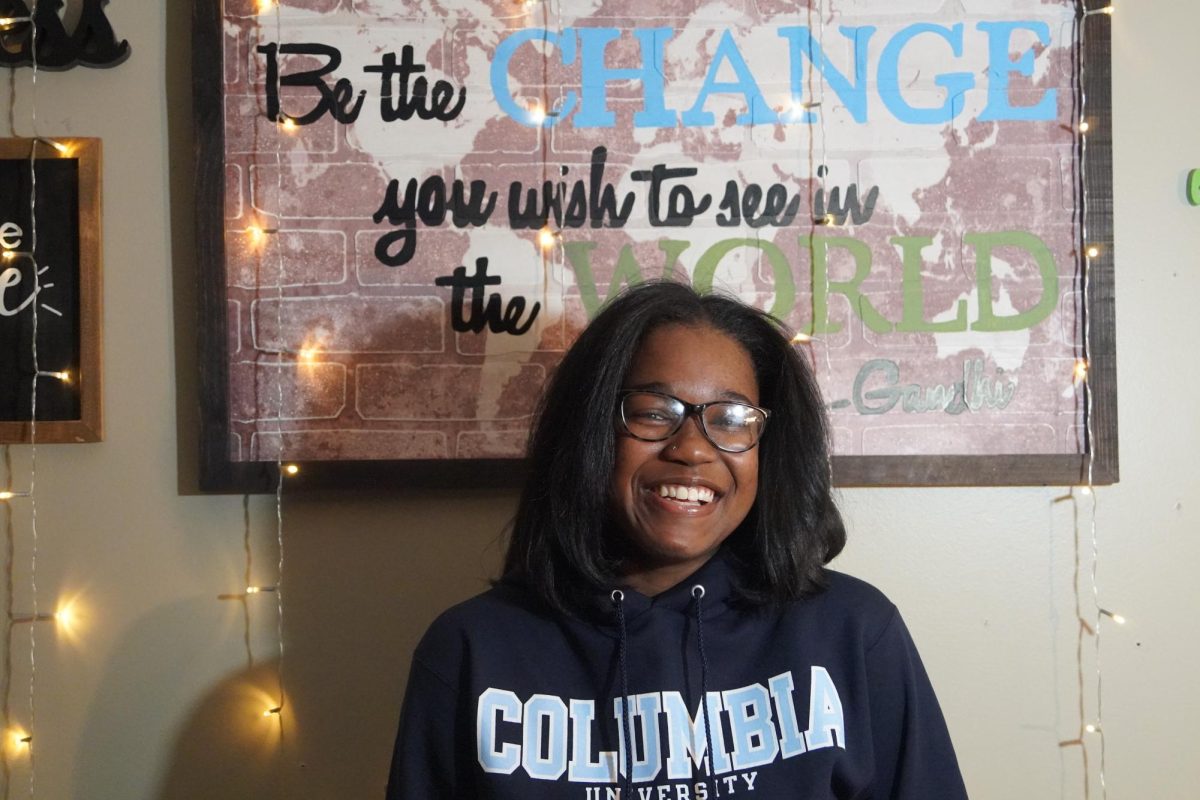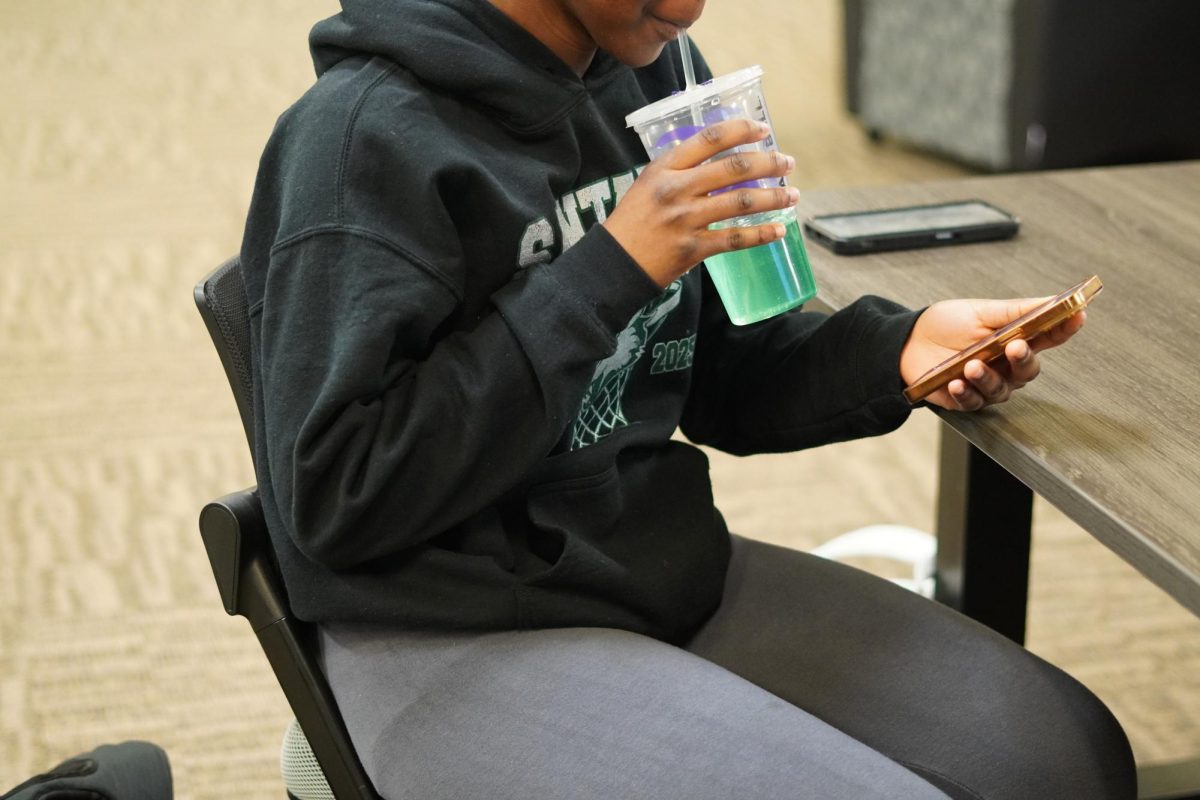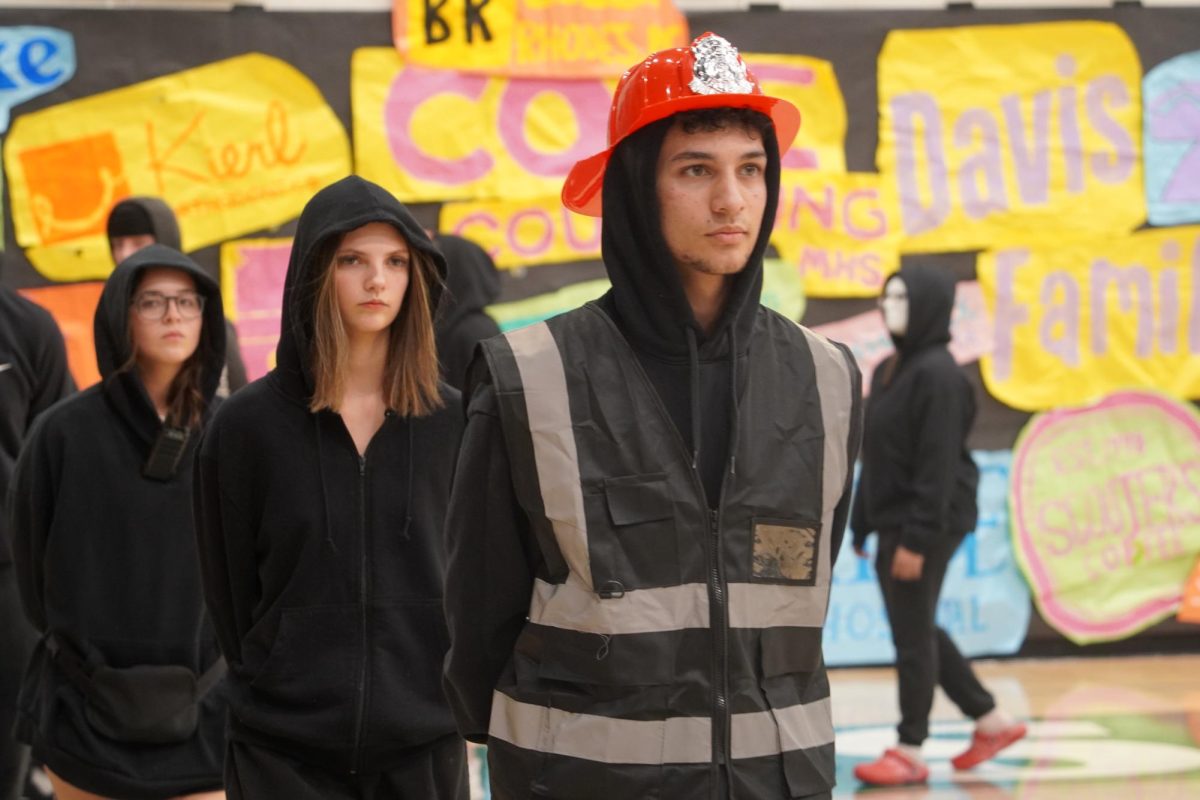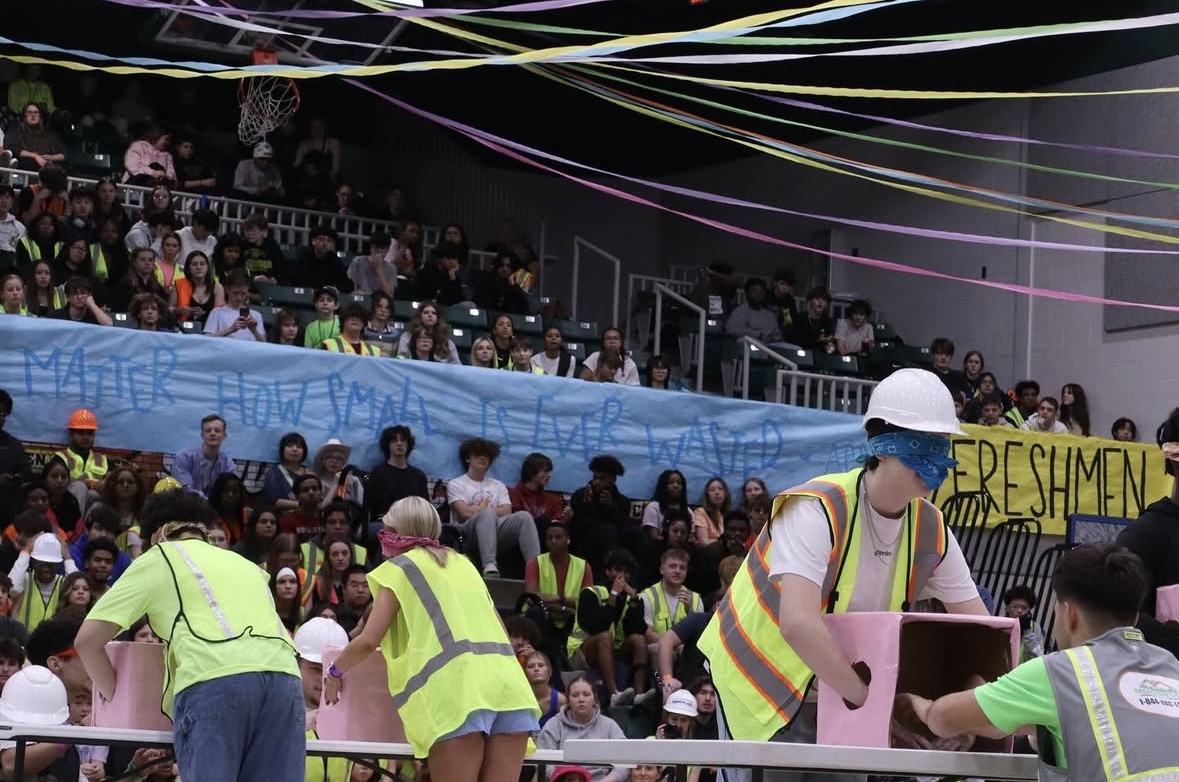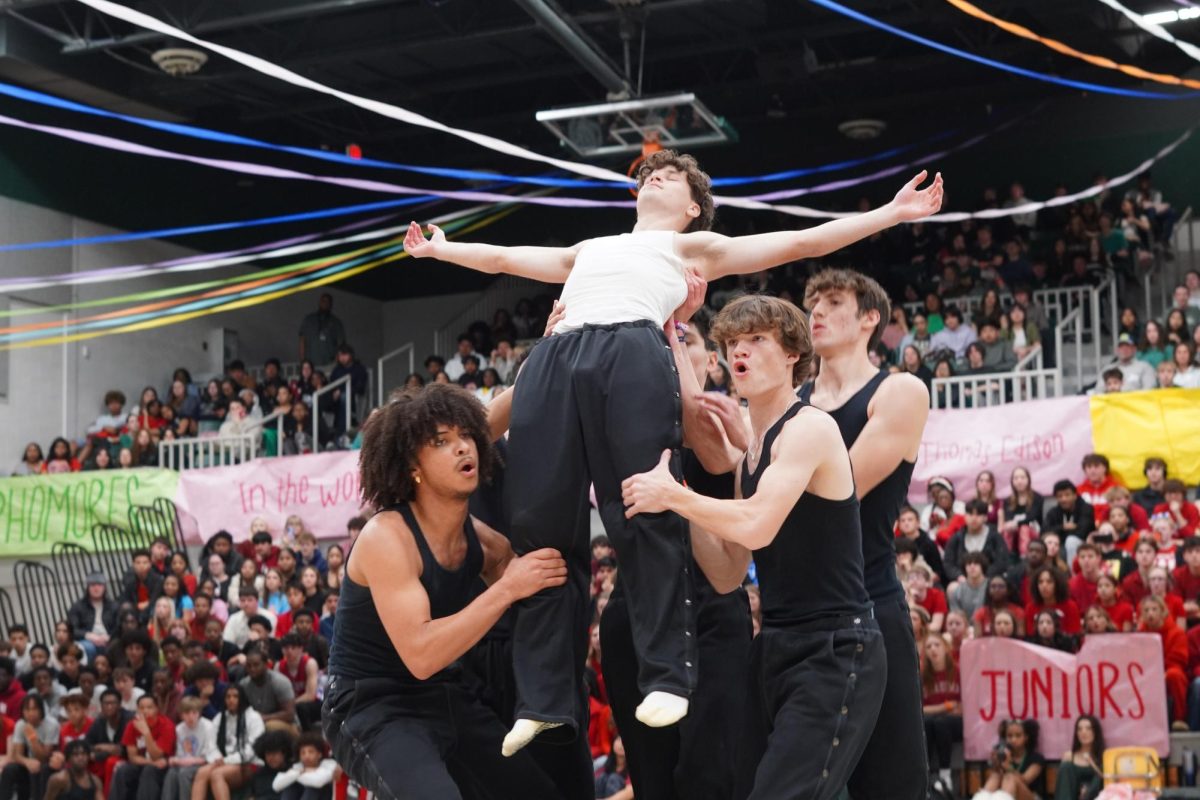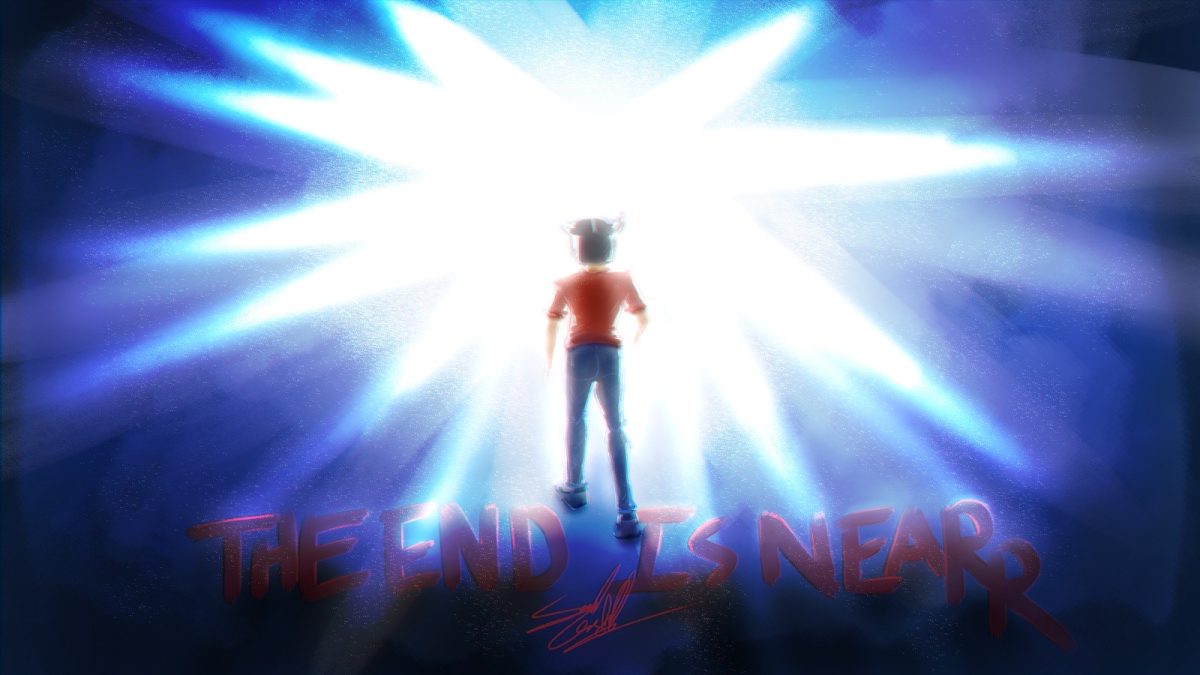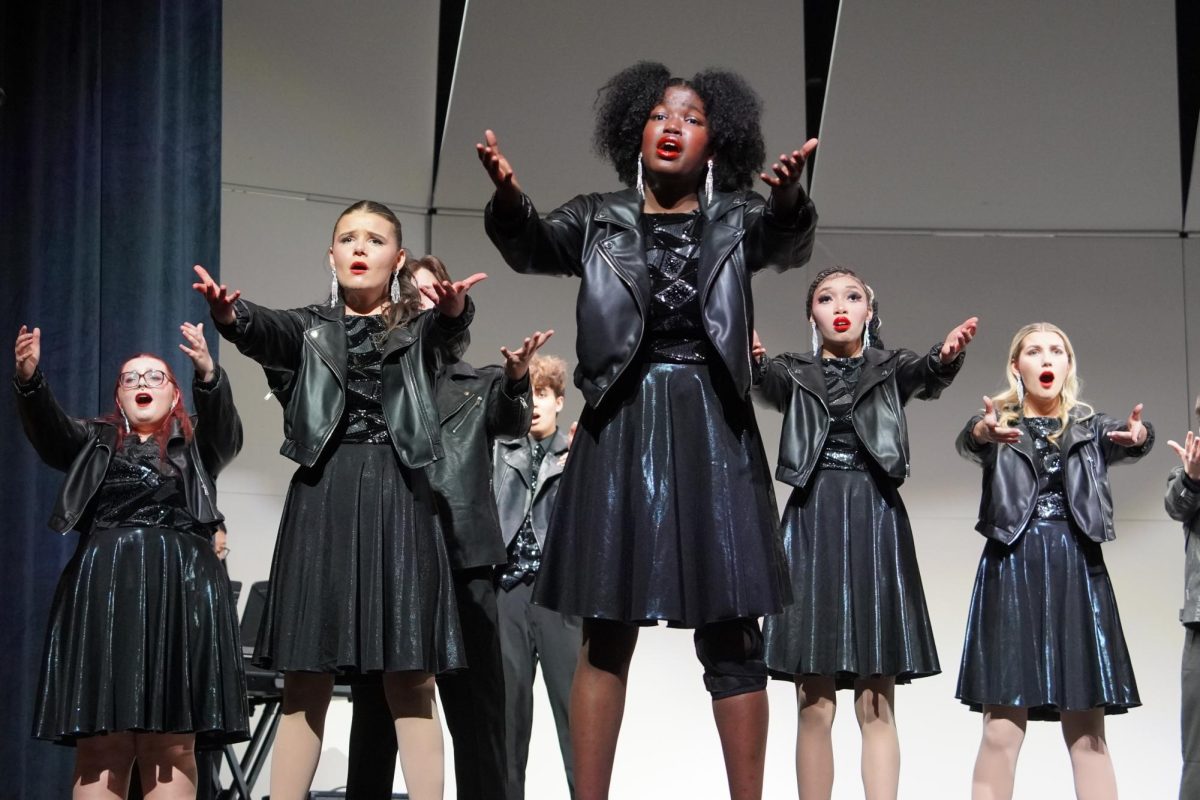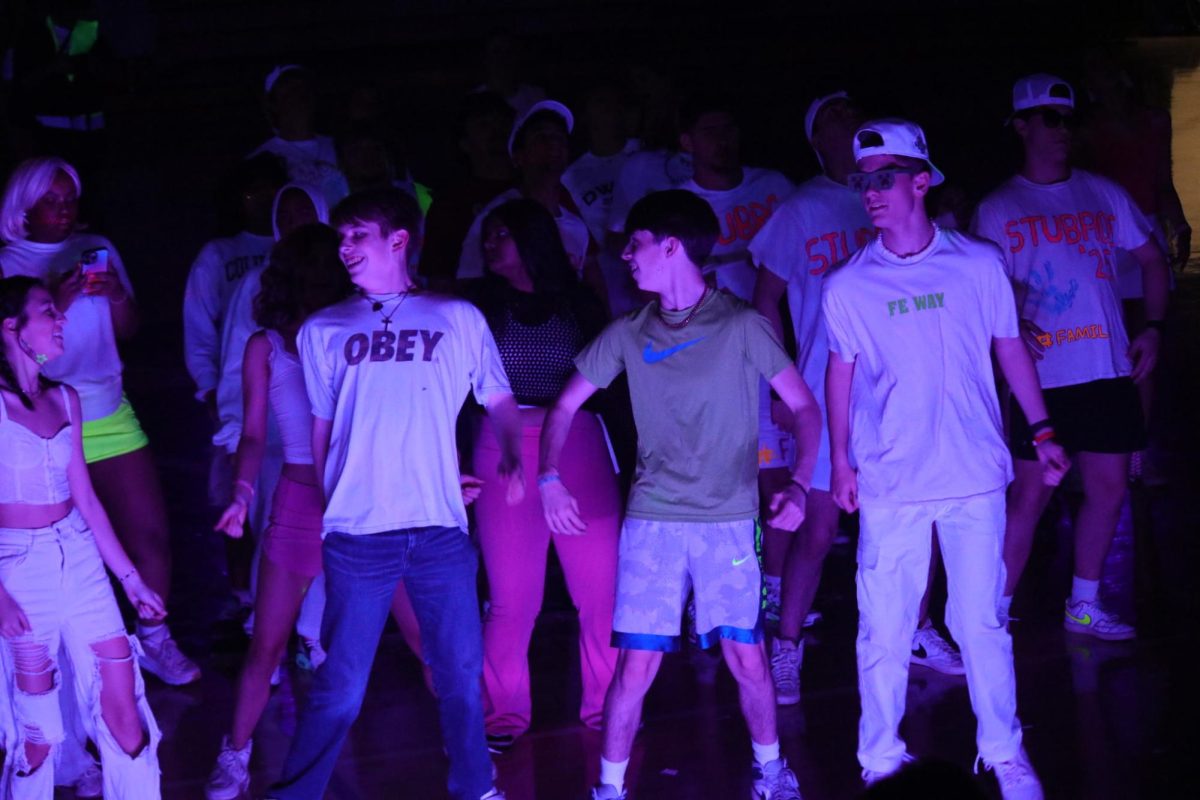Daylight savings time (DST) is coming up on Sunday March 9. The practice of adjusting clocks dates back to WWI as a way to save energy by making better use of natural daylight. This was seen as energy saving, but recently Americans have begun to question if the time change is really worth it.
In December of 2024, President Donald Trump (former president at the time) posted: “The Republican Party will use its best efforts to eliminate Daylight Savings Time, which has a small but strong constituency, but shouldn’t! Daylight Savings Time is inconvenient, and very costly to our Nation,” on the platform Truth Social.
Over time, the effectiveness and impact on sleep schedules has been debated.
The Journal of Clinical Sleep Medicine specifically looked at its effects on high school students. The research found that DST negatively affected students’ academic performance as it “led to decreased vigilance and increased daytime sleepiness on the post-DST weekdays as compared to pre-DST levels.”
Many students take early morning classes, so the effects of daylight savings time are more pronounced.
“Daylight savings time throws off my sleep schedule which is frustrating because I like consistency and losing an hour in the spring makes it harder to be productive during my morning classes,” Junior Victoria Lewis said.
Remember to set your clocks an hour ahead. We will “spring forward” and lose an hour of sleep.










